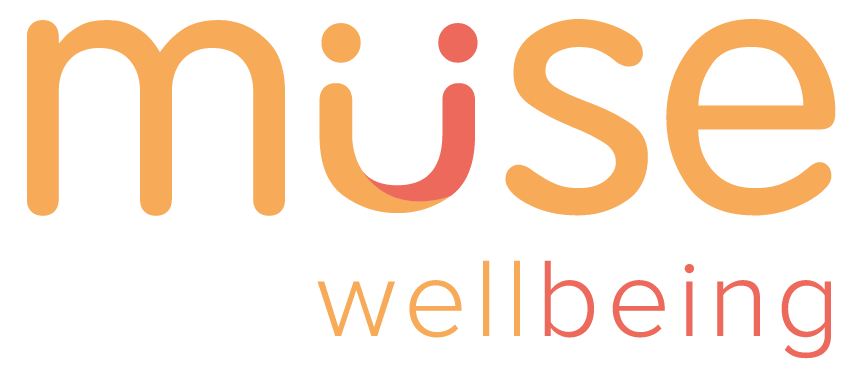Promoting Friendships and Positive Relationships in Schools

Charlotte is an experienced educator working in mainstream and SEN schools in northern England. She loves all things about reading!

Tashia is a SENCO and LSA support lead with a love for inclusive education. An avid gardener, she enjoys the outdoors and hiking.
Promoting Friendships and Positive Relationships in Schools
Making friends and forming positive friendship groups is a significant challenge for children of all ages in our primary school settings. Whether in early years, KS1 or KS2, students will need to maintain and explore relationships with other learners on a daily basis.
The role of PSHE is essential in a school wide curriculum of learning, with relationship focused learning activities and learning support with making friends enabling children to have a more positive experience during their primary studies.
The Long-Term Benefits of Promoting Friendships in Schools
Friendships and positive relationships are vitally important for children’s development and overall wellbeing. There are several key reasons behind this:
Stronger Social and Interpersonal Skills
Building a strong and robust friendship group allows children the opportunity to develop interpersonal skills which in turn can help students understand how others think and feel. This often helps in supporting and developing a culture of respect among the class while simultaneously helping children understand their peers’ feelings and thoughts more empathetically. Encouraging students to navigate perceived issues within relationships is key to developing communication skills and problem solving skills within friendships.
Heightened Self-Confidence and Self-Worth
Strong friendships are essential for a child’s self-esteem and confidence. Without them, children may feel insecure and question their acceptance by peers. In accordance with this, alongside encouraging a commitment to inclusion in the classroom, promoting friendships can help ensure that young students feel more positive about themselves, thereby helping them feel optimistic and positive.
Provides Additional Support
Children, like adults, need a support network, and friendship groups are crucial for this. Without strong relationships in the classroom and beyond, young children can feel alone and isolated, making it harder for them to seek support when needed. While we strive as teachers to encourage children to reach out with their problems, they may not always feel comfortable doing so. Building robust friendships provides them with a dependable support system, making it easier for them to navigate challenges.
Encouraging students to develop deeper connections with their peers benefits both their wellbeing and academic performance.
How PSHE Offers the Ideal Opportunity to Support Making Friends
With friend-making being such a critical aspect of a student’s time in primary school, supporting this goal is vital – and PSHE lessons (along with RSE) are the perfect place and time to address this. Notably, this is because PSHE and RSE are designed to focus closely on personal experiences, emotions, social skills and relationships.
As a result, friendships and relationships are an integral topic covered within a RSHE/PSHE curriculum.
The Muse video below is taken from our curriculum and introduces and supports students in developing their understanding of friendships and relationships.
PSHE Friendship Activities for KS1
When exploring the topic of friendships and relationships with our students, we should go further than defining good and bad behaviours. Here are some classroom activities that can get you started in your own classroom.
1. Start a Class Discussion on What Friendship Is
The exact definition of friendship (and what makes a strong friendship) will vary from child to child. As such, opening your PSHE friendship lessons by asking children what they believe friendships are and how they look can really help.
Not only does this help you ascertain the general understanding of relationships from members of the class (allowing you to identify children who may need more support in forming relationships) but it also helps all members of the class start from the same page. In turn, this can make the entire lesson or lessons more successful. These types of classroom discussion, debate and sharing form an integral part of the Muse Wellbeing RSHE curriculum.
2. Run a Friendship Club
A friendship club can be a fantastic way to promote inclusivity and acceptance within a school setting. These clubs can be run during breaks, lunch times or even after school (should adult support allow it). Students, depending on age, needs and maturity, could be supported in leading these clubs by offering scheduled activities to all students who would like to join.
These activities could be simple outdoor games or more resource intensive activities such as art and crafts. The type of activities run within friendship clubs can be tailored to match the resources and provisions available within each school setting.
3. Positive and Negative Relationships: Group/Class Thinking Maps
At a young age, we should begin supporting students with understanding the characteristics and traits or a range of relationships (both in school and in our wider communities). As such, carrying out a group brainstorm session or having children think up as many traits as possible can help learners recognise these in their own social spheres. In turn, this can help support students to identify whether relationships are positive, negative or a mix of the two.
Getting Started in Your School
Friendships are without doubt a hugely important aspect of students’ lives, both in school and in the wider community. Fortunately, RSE and PSHE lessons offer the perfect opportunity to deepen our understanding of relationships, friends and the importance of a culture of respect.
The Muse Wellbeing curriculum makes “Positive & Respectful Relationships” a core learning value within our lessons for all year groups and offers engaging and collaborative activities that are fun and easily delivered by teachers.
Muse Wellbeing
Subscribe for RSHE & Wellbeing Updates & Learning Resources

Copyright © 2025 Muse | All Rights Reserved.
Would you like to logout of Muse Wellbeing?


